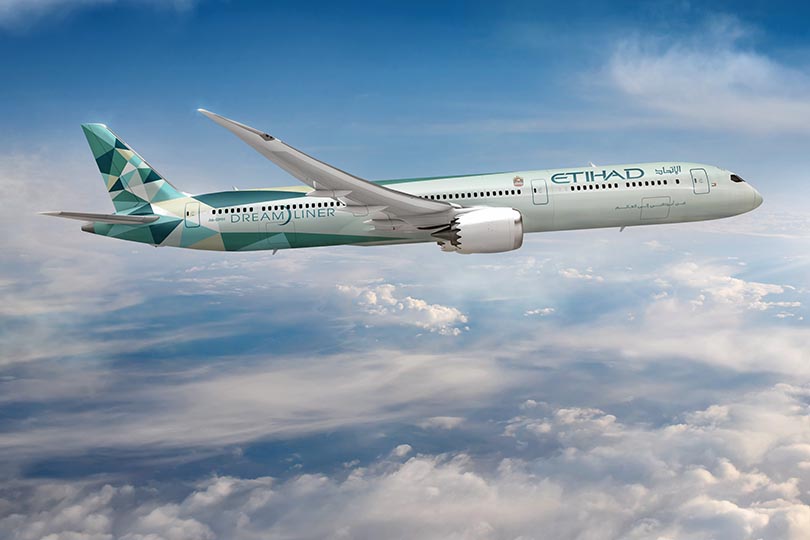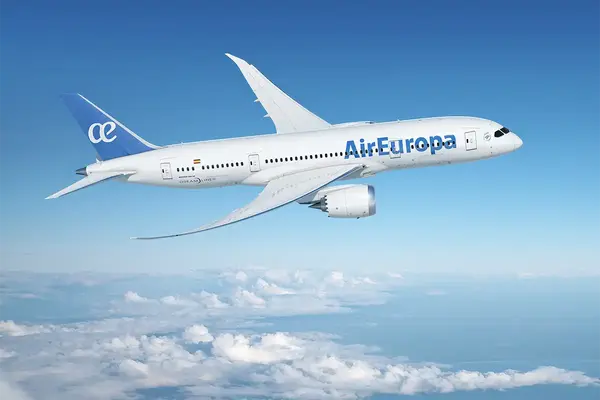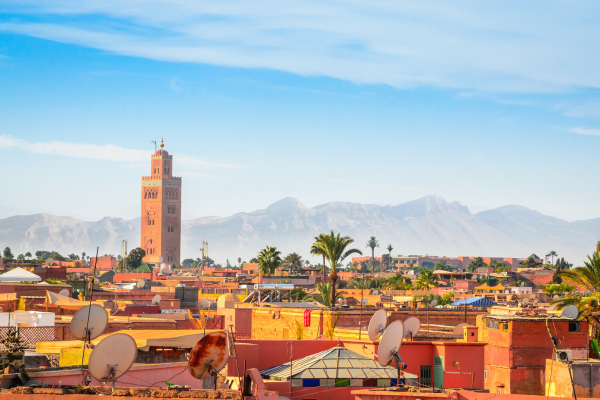Etihad Airways' journey towards zero emissions
Etihad Airways is leading the way to sustainable air travel with a number of initiatives designed to protect the future of the environment across its large network of international flights
Etihad Airways, the national airline of the United Arab Emirates that operated humanitarian flights to 60 cities around the world during the peak of the Covid-19 pandemic, has put a renewed focus on responsible travel to further its commitment to sustainability.
The Greener Together initiative recognises that responsible travel remains the most significant long-term challenge facing the aviation industry and has seen the airline pledge to halve its 2019 level of net emissions by 2035 and become a zero-emissions carrier by 2050.
CLEANER SKIES
One step taken towards this goal is Etihad’s partnership with Boeing. The duo is developing the ecoDemonstrator programme on a 787-10 aircraft for the first time, consulting with NASA and aircraft-expert Safran Landing Systems to achieve a quieter and more fuel-efficient take-off and landing.
Last month, as part of the ecoDemonstrator programme, an Etihad flight from Seattle to South Carolina in the US operated using the largest commercially produced 50/50 blend of sustainable and traditional jet fuel (almost 50,000 US gallons). This is helping to prove it’s now possible to produce at commercial volumes, which could indicate the beginning of a turning point for the industry as a whole. The flight was one of many in Etihad’s partnership with Boeing that tests cutting-edge technologies on the carrier’s Dreamliner fleet to make flying more sustainable.
WIN A TRIP TO ABU DHABI WITH ETIHAD AIRWAYS
To promote its new Etihad Wellness programme, the airline is offering travel agents the chance to win a trip for two people to Abu Dhabi with return Economy class flights and accommodation at the Jumeirah at Saadiyat Island Resort included. For the chance to win, answer a simple question before midnight on 15 October 2020.
Find out more, including the terms and conditions here.
Another milestone of Etihad’s sustainability mission was its ecoFlight from Abu Dhabi to Dublin earlier this year in celebration of St Patrick’s Day. The special green-liveried aircraft operated an optimised round-trip which, when compared with a standard Boeing 787 on the same route, reduced journey time by 40 minutes, cut fuel by 800kg and CO2 emissions by three tonnes.
The carrier faces challenges ahead in this venture, with biofuels currently costing four times as much as their oil-sourced counterparts. Nevertheless, reducing its reliance on oil-based fuels remains a major objective for Etihad.
IN-FLIGHT ATTENTION
The airline is also taking a closer look at how it can make its onboard experience more sustainable, promising to reduce its single-use plastics by 80% in time for the close of 2022. This comes after Etihad became the first carrier in the Middle East to operate a flight without any single-use plastics on Earth Day in April 2019.
Etihad also recently announced it will be working with Singaporean food technology start-up Lumitics to reduce in-flight food waste, improve meal planning and reduce operating costs.
With Etihad being so committed to progressing sustainability, it’s no surprise the Covid-19 pandemic hasn’t slowed down its work towards its ambitious goals. Being Greener Together remains at the top of the airline’s agenda, with the carrier taking its impact on the environment seriously, embedding sustainability into its values, and continuously challenging industry standards to find more responsible alternatives.


















